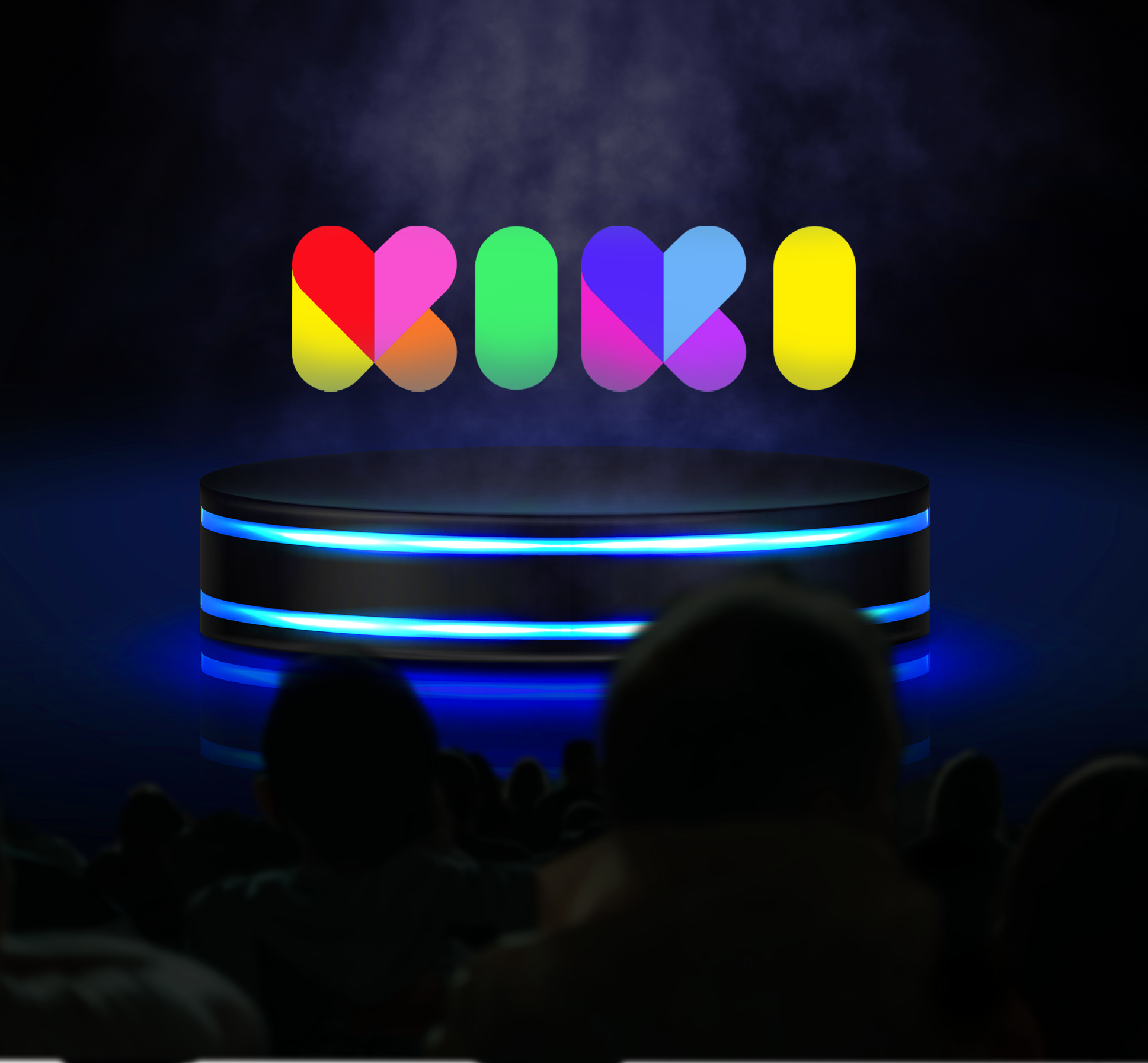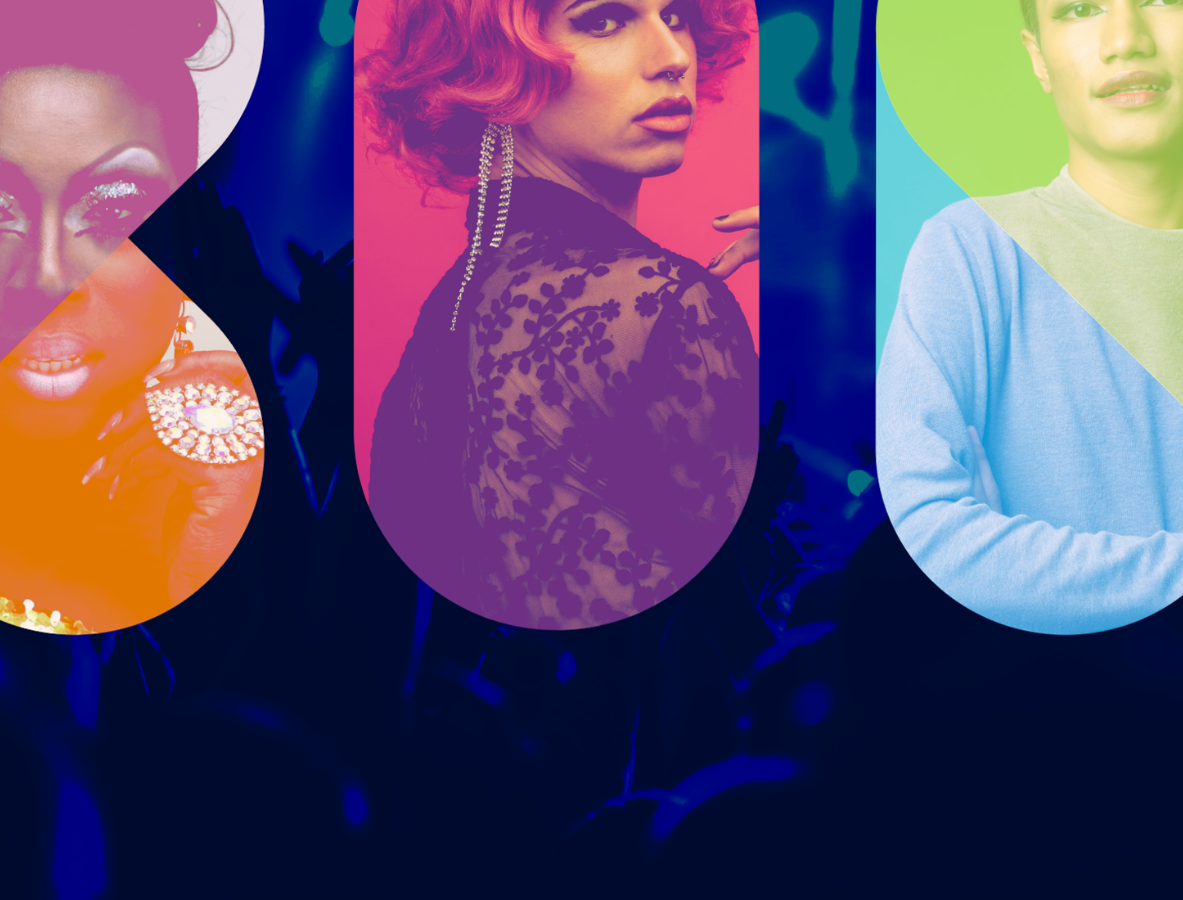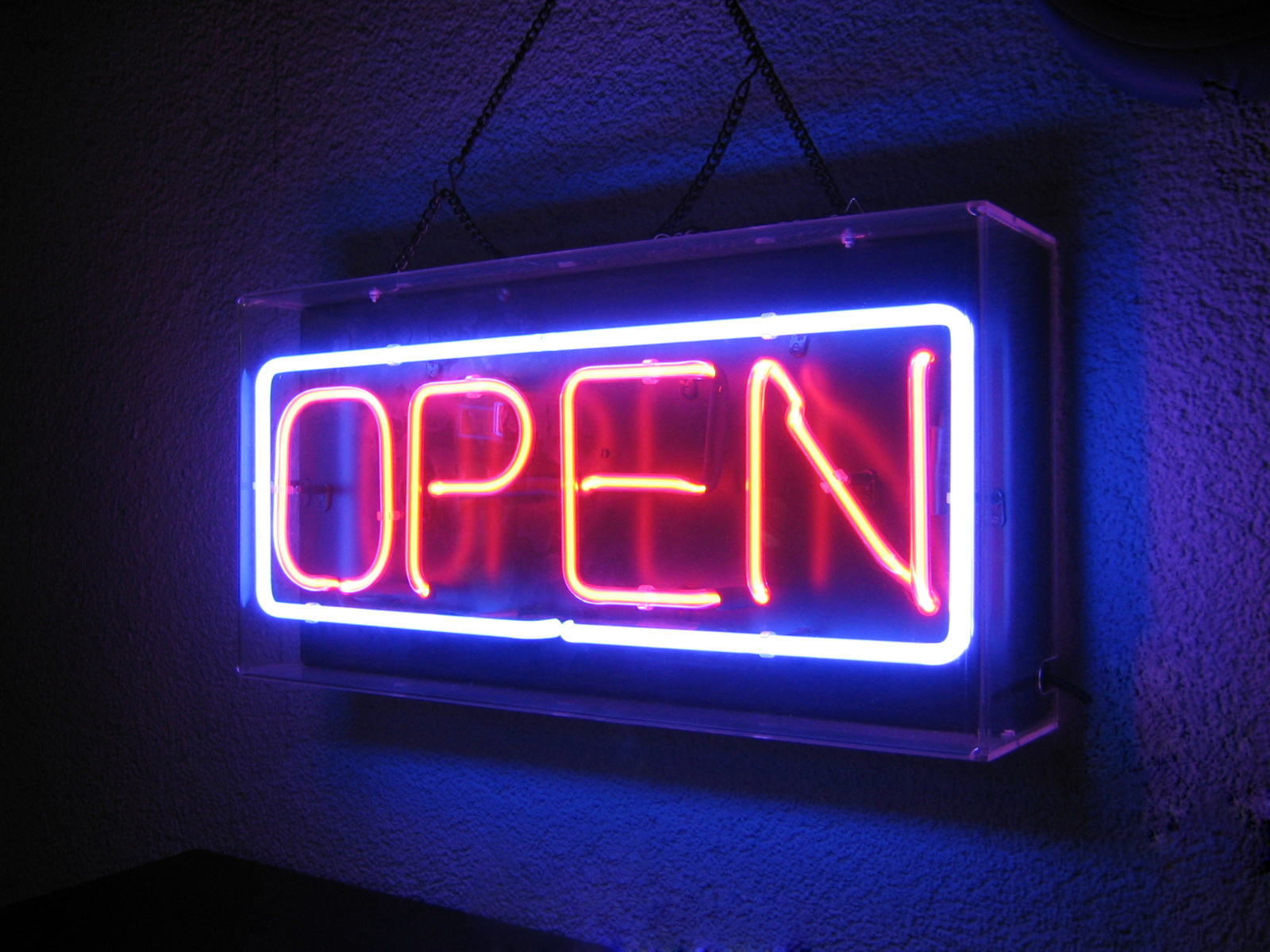LGBTQ+ people have played a seminal role in the advancement of technology. More notable names in a long line of pioneers include: Alan Turing, considered the father of computer science during the 1930s; Bruce Bastian, the founder of WordPerfect, an early computing word processing software; Martine Rothblatt, the founder of Sirius XM; and of course, Tim Cook, the current CEO of Apple. Notwithstanding, despite their involvement in the developmental efforts that propel our society forward technologically, there have been scant ventures that have tried to solve important needs for queer people beyond hookup apps. Our community has been veritably left out in the conception, design, and development of new technologies largely because of inaccessibility that queer founders face in connecting with the institutional investor community, the lack of broad based support for queer entrepreneurs, and queer consumers being relegated to niche market status.
Typically made for mass market consumption, the aim of new technology is intended, firstly, to satisfy the needs of the widest audience possible to generate the largest financial gain. But in so doing, it under serves minority populations that may have unique interests and particularities for which to account. Take any commercial platform that has been created in the past decade or more, you will find that for all its virtues in creating convenience for a mainstream audience, it generates inefficiencies or accessibility issues for those with specialized needs or interests. For example, people with visual impairment are not as able to buy clothes online or get food deliveries using websites and apps that those of us without such a challenge take for granted. Similarly, technology also disenfranchises people who are of a low socio-economic class and who may not have access to credit, denying them from participating fully in the digital economy. Time and time again, the consideration of underrepresented groups is an afterthought, until there is some kind of redress. The powers that directly influence these types of accommodations seldom see them as a business opportunity.
There are other ways that queer consumers and their welfare are undermined. Mass market products, uninterested in serving the needs of minority communities, are destined to exacerbate existing biases. We have seen this play out in the way that AI models have been trained to emphasize the data sets fed to its machine learning algorithms. In a story we wrote on Freshfruit magazine, we highlighted how white supremacist content proliferated on YouTube, as LGBTQ+ content was allegedly suppressed. In her research paper, Google’s star artificial intelligence ethicist, Dr. Timnit Gebru, confirmed similar bias based on race, gender, and socio-economic status, when Google’s large language models were suggested to pose some amount of risk in normalizing racist, sexist, and other abusive language because of data homogeneity. (She was later fired.) Clearly, algorithms, like the humans who create them, may inject their prejudices too! Go figure.
It is for these reasons our team, composed of queer and allied members, have taken the step to create technology that centers queer people. Unlike mass market enterprises, our aim isn’t to appease the interest of John Q. Public, but to deliberately focus more squarely on the unique needs of the LGBTQ+ community. Our interest, therefore, is not principally commercially driven, but is ethically rooted in the idea that queer people deserve the enjoyment of technology that serves them well. You will see this prefigure in our social activity network, Kiki.
Members of our community and allies understand that queer events aren’t simply opportunities to have a good time. They are a haven, a place of fellowship and camaraderie. This is not a concept familiar with the dominant platforms that facilitate event discovery and ticket purchases that prioritize scale for a mainstream audience. By listening to the experience and concerns of various voices in our community, we knew we had to build differently and tailor our solution to the ways queer people go about their daily lives. We also didn’t want to create a purely transactional marketplace, recognizing the importance of connection, support and community building within the queer landscape. It is the reason why we put heart motifs in the logo and branding.
We also considered the various security, safety, and privacy concerns of the community to instill trust in users of the platform. In a digital environment abound with bad actors and people veiled by anonymity, we devised tools to allow all parties the ability to control what they share, who can access it and better protect themselves.
And there are other reasons for why this deep focus in specializing in “queer-forward” tech is of immense importance. Social media, today’s town square, creates inhospitable environments for queer people. In its 2023 report “Online Hate and Harassment: The American Experience,” the Anti-Defamation League found that some 47% of queer teens and adults are harassed online, the highest rate among all marginalized groups surveyed. Trans people are the most harassed cohort at 51%. And with recent efforts by Elon Musk to undo protections to safeguard against hate speech on X (formerly Twitter), not surprisingly, there has been a huge uptick in homophobic and transphobic language on the platform. It is therefore critical that queer people have a space where they can feel safe.
For the above reasons, we created Kiki and will explore other avenues to create products that put the interests of queer people at the center. Understandably, some may argue that creating a platform that elevates the needs of the LGBTQ+ community at the expense of the broader society may create further alienation and an echo chamber, but we are not asking users to abandon their other preferred platforms, nor perhaps will they use them in the same way. We are merely providing another option, and one we think is more suitable.
If you are of a similar mind and believe LGBTQ+ folks deserve solutions that cater to their interests and would invite other non-LGBTQ+ folks who share in their enjoyment as well, join our community and tell a friend.












